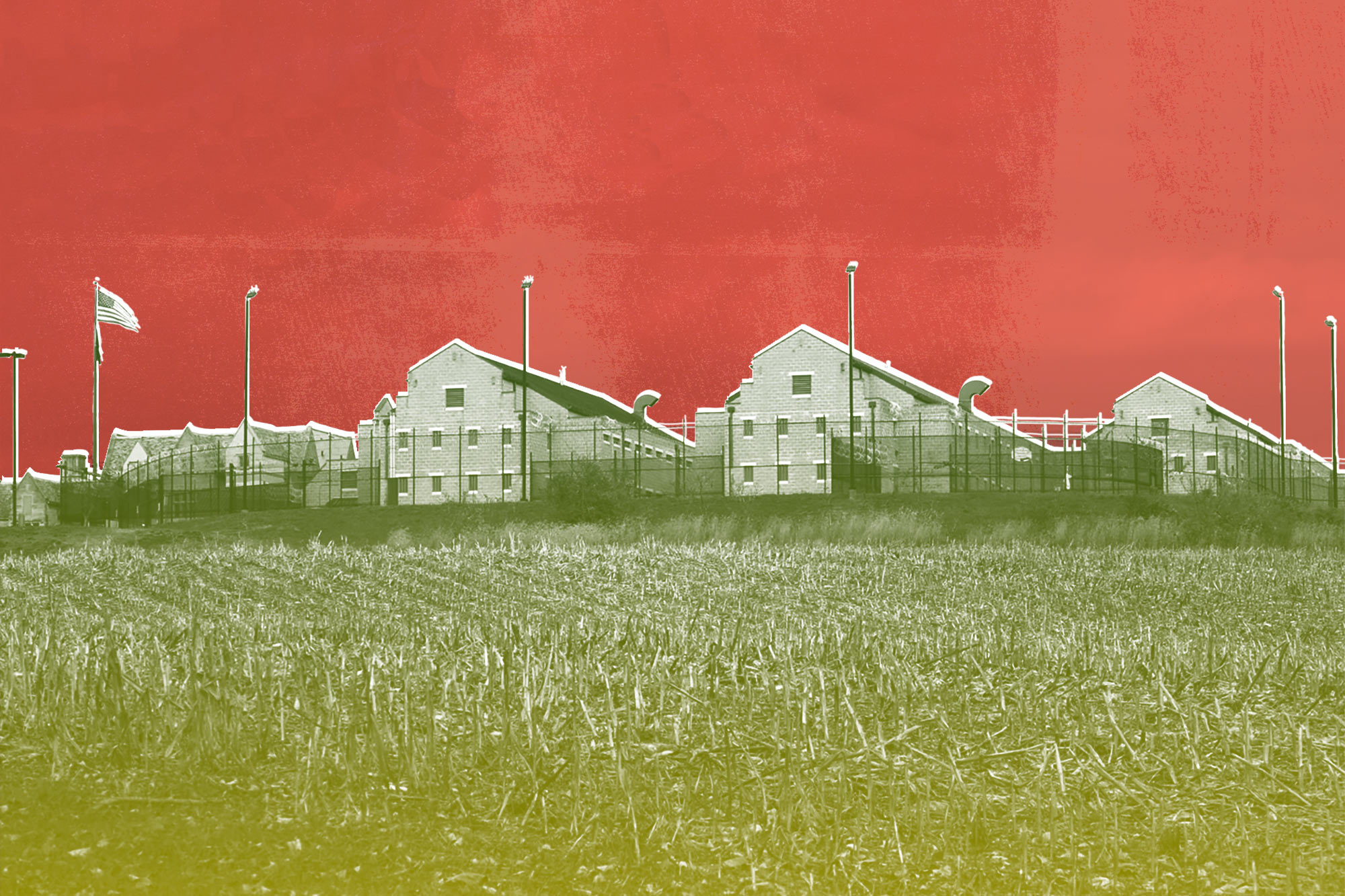In Pennsylvania, Detention as a First Option
Heavy reliance on pretrial incarceration in Berks County subjects people to poor medical care and unsanitary and unsafe conditions.

In 2016, more than 2,700 people in Berks County, Pennsylvania, were detained in jail before their trials—nearly half of all the people charged with any crime that year. Of those people, more than 1,200 had only a misdemeanor as their lead charge. Among those cases was Troy Miller’s.
On July 25, 2016, Miller, who was 47 at the time, was provided with a taxi voucher after he was discharged from Reading Hospital. Later that day, Miller returned to the hospital by emergency medical services only to be cleared and told to leave. Homeless at the time, Miller refused to leave.
Police officer Chad Marks was called to the hospital, and when Miller still refused to leave, he arrested him. Miller was charged with misdemeanor defiant trespass and summary disorderly conduct. After he did not post the $2,000 bail set by Judge Phyllis Kowalski, Miller was taken to Berks County Prison, where he spent nearly three months.
Miller was released on $2,000 unsecured bail, which means he did not have to pay for his release but could owe the money if he failed to appear in court. In 2017, Miller was ultimately sentenced to one year of probation. When he did not successfully complete drug treatment, he was sentenced to six to 12 months’ incarceration in Berks County Prison. Since that release, Miller has been in and out of the jail on new criminal charges.
“[Jail] should be a last resort,” Cherise Fanno Burdeen, CEO of the Pretrial Justice Institute, told The Appeal. “When we cannot do anything else to protect the public or assure someone’s appearance in court … then and only then would we use the jail.” But in Berks County, incarceration—particularly incarceration before the person is convicted of a crime—is commonplace.
In-custody deaths are also commonplace. And more than 100 lawsuits against the Berks County Prison allege patterns of mistreatment, including violence from corrections officers, being forced to live in cells with black mold, and having to eat meals in cells near toilets that flush on timers and often have build-up with urine and feces.
In April 2008, Alice Neuen, 48, was incarcerated at the prison for theft and forgery; her poor treatment by prison staff resulted in the need for a leg amputation below the knee.
In March 2012, Joby Adams was transferred to the county jail from Reading Hospital, where he was being treated for self-inflicted cuts and suicidal thoughts. Adams had attacked one of the hospital’s psychiatric staff members in a violent outburst. While at the jail, the staff repeatedly ignored his requests for psychiatric help, and he was eventually placed in solitary confinement. Three months later, at age 19, he was found unresponsive in his cell after hanging himself, which left him in a vegatative state.
In June 2014, Eileen Dinino, 55, died of a hypertensive cardiovascular disease and pulmonary edema inside the jail after being incarcerated for only 48 hours for her failure to pay fines. Her family alleges that medical staff at the prison failed to provide aid during a medical emergency.
Berks County Solicitor Christine Sadler told The Appeal that the county has undertaken efforts to provide more safety to people in the prison, like adding 300 cameras, implementing an electronic tracking system for prisoners, and increased training for staff. Sadler declined to comment on the county’s over-reliance on pretrial detention, but said the pretrial population most likely includes people held on bail as well as detainees from other criminal matters.
“We’re only very slow to acknowledge the collateral consequences of pretrial detention,” Burdeen said. “For so long it’s just been part of what we’ve done and since the war on drugs it’s just been a way in which we’ve just helped manage the volume of people being arrested.”
Part of the reason society seems slow to grapple with the harms of incarceration may be the backgrounds of the people being locked up.
The people subjected to incarceration, especially pretrial, tend to have far lower incomes than those who don’t face these penalties. This social and economic concentration, along with the harms caused by incarceration, helps fuel a cycle of poverty in already disadvantaged communities. “There are entire communities that have [the costs of incarceration] always on their mind, but the broader electorate, I think, barely thinks about them,” Fordham University law professor John Pfaff said.
Berks County is a relatively affluent rural area about two hours outside Philadelphia. But the county seat, Reading, is one of the poorest areas within the county. More than 36 percent of people living in the city live in poverty, a rate more than five times higher than the rest of the county. And more than 96 percent of students in the Reading School District are considered economically disadvantaged. The violent crime rate in Reading is more than double that of the rest of the county.
The city accounts for a little more than 20 percent of the county’s population but produces nearly 40 percent of all criminal cases and nearly half of all cases that result in pretrial detention. Cases coming from Reading are more than 35 percent more likely to result in pretrial incarceration than those coming from elsewhere in the county.
“In very segregated and concentrated spaces of poverty where violence is high, opportunities are non-existent and the public school systems are broke, and there are cops in the elementary schools and cops in the high schools, [we] know where that story goes,” Burdeen said. “It just funnels people into the criminal justice system.”
